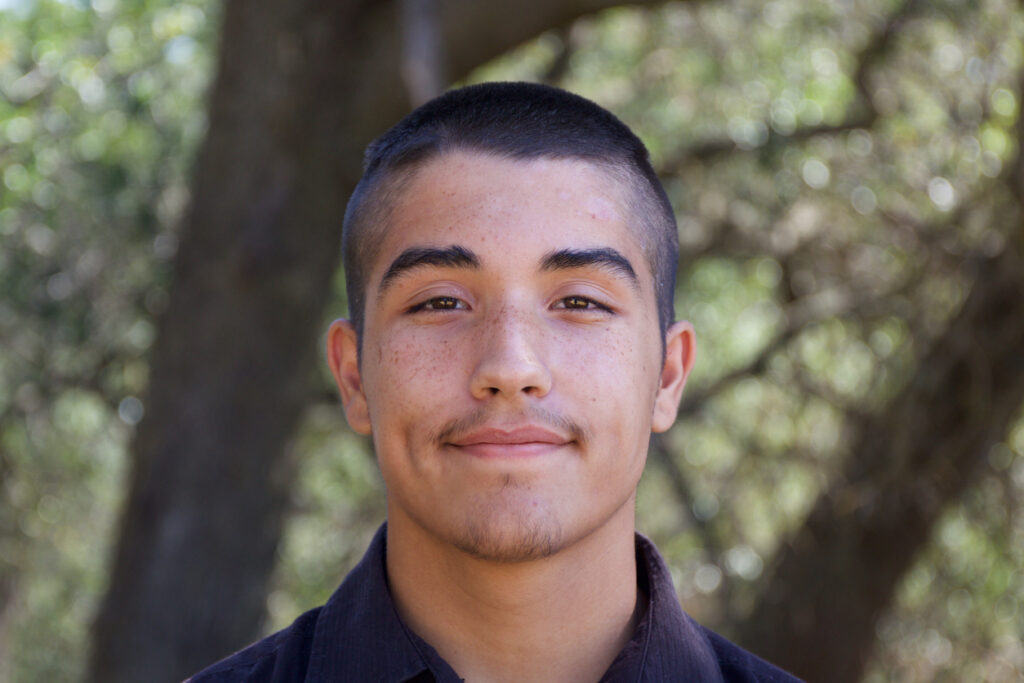The Lethbridge Drug Treatment Court marks its first anniversary this month. The Medicine Hat court opened soon after, and Drug Treatment Courts in Red Deer and Grande Prairie have just opened.
Drug Treatment Courts have been operating in Edmonton and Calgary since 2005 and 2007 respectively. Legal Aid Alberta staff lawyers play a key role, representing individuals accepted into the programs across the province.
Courtroom revelation
“The moral to the story of Drug Treatment Court is that it’s never too late for redemption. It’s never too late to make transformative changes in your life,” said Brett Carlson, a Legal Aid Alberta staff duty counsel lawyer who represents participants at the Lethbridge Drug Treatment Court. “All it takes is an opportunity.”
LAA staff duty counsel lawyer Bradley Bellmore says that in less than a year since Medicine Hat’s Drug Treatment Court began operating, he has seen remarkable changes in clients.
“You see families starting to come together again. People are seeing their kids – they’re starting to parent again,” said Bellmore, who describes addiction in the close-knit community as an epidemic.
“I look at the obituaries and see the names of former clients who have all had addictions,” he said.
“It’s harder than going to jail . . . they end up doing the very hard work of looking inside themselves and making monumental changes in their lives.”
The Drug Treatment Court programs are rigorous – before being accepted, applicants are required to sit in on court sessions so they can make an informed choice about applying to the program. The programs accept people whose non-violent criminal acts are intertwined with addiction, and who are facing at least one year in jail. Participants plead guilty to charges and work through the program for up to two years.
Alberta’s Drug Treatment Court programs have a high record of success. As of 2018, more than 70 per cent of graduates from the Edmonton and Calgary programs alone have made radical changes to their lives and have had no new criminal convictions since completing their programs.
“We take people who have been committing crime daily for years and we get them to a point where they are contributing members of society.”
Participants are bound to an exhaustive list of rules, from frequent drug testing and curfew checks to reporting to probation officers, completing community service volunteer work, and attending detoxification and addictions treatment. Failing to follow rules can end up in short stays in prison, as a wake-up call. Participants can be removed from the program and sent back to regular courts.
“It’s harder than going to jail,” says Legal Aid Alberta staff duty counsel lawyer Sonia Haer, who is represents participants in Edmonton’s Drug Treatment Court. “People say they applied to drug treatment court because they didn’t want to go to jail, but they end up doing the very hard work of looking inside themselves and making monumental changes in their lives.”
Community impact
“Some of our clients are 40 years old and have never had a job. We take people who have been committing crime daily for years and we get them to a point where they are contributing members of society,” said Stephen Jenuth, an LAA staff duty counsel lawyer working in Calgary’s Drug Treatment Court.
“That is the sort of change we’ve seen in people’s lives.”
In Grande Prairie, where Drug Treatment Court opened Nov. 18, there’s optimism that the program will make a difference.
“At the end of the day this is a community problem,” said DJ Janjua, LAA’s staff duty counsel lawyer in Grande Prairie. “I’m looking forward to being part of a team that is motivated to helping people get out of a lifestyle that is harmful to themselves and the community.”
In the news


